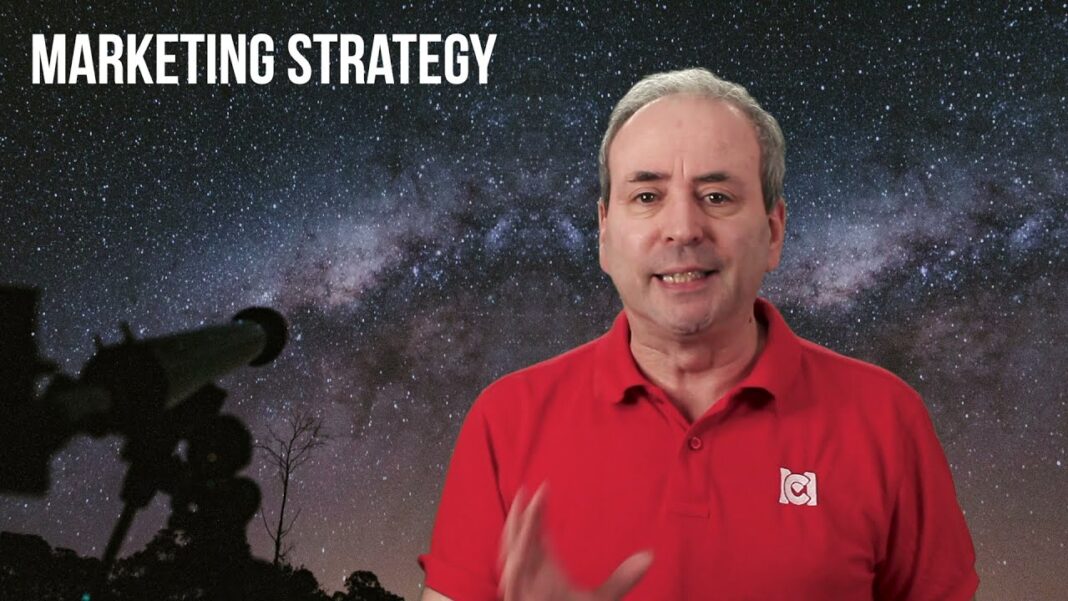Understanding the Importance of Keywords in Event Marketing
When it comes to event marketing, having a solid keyword strategy is essential for success. Keywords are words or phrases that people use when searching online to find information about specific topics. In the context of event marketing, keywords play a crucial role in attracting the right audience and driving traffic to your event pages.
With the increasing use of search engines and social media platforms to promote events, having a well-defined keyword strategy can make all the difference in reaching your target audience and achieving your attendance goals. In this article, we will discuss the importance of keywords in event marketing and provide tips on how to develop an effective keyword strategy for your next event.
The Role of Keywords in Event Marketing
Keywords serve as the foundation of your event marketing efforts. They act as a bridge between your target audience and your event, connecting the two through search engine results or social media posts. By including relevant keywords in your event content, you increase the chances of your event being found by potential attendees who are actively searching for events like yours.
Moreover, incorporating keywords into your event marketing strategy can also help improve your website’s search engine ranking. When people search for specific terms related to your event, using those same keywords in your event content can increase the likelihood of your event page appearing higher in search results. This, in turn, can drive more organic traffic to your event page, ultimately leading to higher event registrations.
Researching Audience Demographics and Interests
Before diving into keyword research, it’s important to understand your target audience’s demographics and interests. Knowing who your ideal attendees are and what they are interested in can help guide your keyword selection and ensure that your event reaches the right people.
Start by creating a buyer persona, which is a fictional representation of your ideal attendee. Consider factors such as age, gender, location, occupation, income level, and interests. This information can be gathered through surveys, social media analytics, or data from previous events. Once you have a clear understanding of your audience, you can begin to brainstorm relevant keywords and phrases that align with their demographics and interests.
Utilizing Keyword Research Tools
There are several keyword research tools available that can help you identify the most relevant and effective keywords for your event marketing strategy. One of the most popular tools is Google’s Keyword Planner. This tool allows you to enter a few keywords related to your event and provides a list of related keywords along with search volume data.
Another useful tool is SEMrush, which not only provides keyword ideas but also gives insights into competitor keywords and their rankings. This information can help you identify keywords that your competitors are using and analyze their effectiveness in driving traffic to their event pages.
When conducting keyword research, it’s essential to consider both short-tail and long-tail keywords. Short-tail keywords are shorter and more general terms, while long-tail keywords are longer and more specific phrases. Both types of keywords have their benefits, and incorporating a combination of both can lead to a well-rounded and effective event marketing strategy.
Analyzing Competitor Keywords
In addition to utilizing keyword research tools, it’s also important to analyze your competitors’ keywords. By examining what keywords they are using, you can get a better understanding of their target audience and gain valuable insights on how to improve your own keyword strategy.
Start by identifying your top competitors and analyzing their website content, event descriptions, and social media posts. Take note of the keywords they are using and how often they appear. Are there any keywords that seem to be consistently used across multiple competitors? These may be highly effective keywords that you should consider incorporating into your own strategy.
Additionally, look at your competitors’ event pages and take note of the keywords used in their meta titles, descriptions, and URLs. These elements play a significant role in SEO and can impact how your event page ranks in search results. By analyzing your competitors’ on-page SEO tactics, you can get a better idea of how to optimize your own event page and increase its visibility.
Integrating Keywords into Your Event Marketing Content
Once you have conducted thorough keyword research and analyzed your competitors’ strategies, it’s time to start incorporating keywords into your event marketing content. Remember to use a mix of short-tail and long-tail keywords, keeping in mind your target audience and their interests.
Here are a few key places to include keywords in your event marketing content:
- Event titles and descriptions: Use relevant keywords in your event title and description to help your event appear in search results when people are looking for related events.
- Social media posts: When promoting your event on social media, make sure to incorporate keywords in your post captions and hashtags to increase the chances of your posts appearing in relevant searches.
- Blog posts and articles: Writing blog posts or articles about your event provides an excellent opportunity to utilize keywords and provide more information about your event in a natural and informative way.
- Landing pages and website content: Ensure that your event page and website content contain relevant keywords, including in your meta titles, descriptions, and URLs.
Remember, while it’s important to use keywords in your event marketing content, be careful not to overstuff them. Keyword stuffing can result in lower search engine rankings and can make your content sound unnatural and spammy. Use keywords strategically and focus on providing valuable and engaging content for your target audience.
Optimizing On-Page SEO for Event Pages
Optimizing your event page for search engines is crucial in ensuring that your event is visible to potential attendees. This process, known as search engine optimization (SEO), involves using various techniques to improve your website’s ranking in search engine results pages (SERPs).
In addition to using relevant keywords, here are some other ways to optimize your event page for SEO:
- Meta titles and descriptions: As mentioned earlier, make sure to use relevant keywords in your meta titles and descriptions to help your event page appear in search results when people are searching for events like yours.
- URL structure: Keep your event page URL simple and include relevant keywords. Avoid using special characters or long, confusing URLs that can negatively impact your SEO.
- Image optimization: Use alt tags and file names that include relevant keywords when uploading images to your event page. This helps search engines crawl and understand the content on your page, improving its overall ranking.
- Mobile optimization: With the increasing use of mobile devices, it’s essential to ensure that your event page is optimized for mobile users. This includes having a responsive design, fast loading times, and easy navigation.
By optimizing your event page for search engines, you increase the chances of your event being found by potential attendees who are actively searching for events like yours.
Leveraging Long-Tail Keywords for Niche Targeting
While short-tail keywords may have higher search volumes, long-tail keywords can be more effective in targeting a specific niche audience. Long-tail keywords are longer and more specific phrases that may have lower search volumes but can attract highly targeted and interested attendees.
For example, instead of just using the keyword “music festival,” consider using long-tail keywords such as “EDM music festival in Los Angeles.” By doing so, you not only target a specific genre of music but also a specific location, making your event more appealing to those looking for this type of event in that particular area.
Leveraging long-tail keywords can also help you stand out from your competitors, as they may be targeting more general keywords. Additionally, long-tail keywords tend to be less competitive, meaning it may be easier for your event page to rank higher in search results for these keywords.
Monitoring and Adjusting Keyword Strategies Post-Event
Once your event is over, it’s crucial to analyze the effectiveness of your keyword strategy. Use tools such as Google Analytics to track website traffic and see which keywords were most effective in driving traffic to your event page. This information can help guide your future event marketing efforts and improve your keyword strategy for upcoming events.
Additionally, keep an eye on your competitors’ keywords and see if there are any new or popular terms that you may want to incorporate into your strategy. As with any marketing strategy, it’s essential to continually monitor and adjust your keyword tactics to stay ahead of the game and reach your target audience effectively.
Conclusion


In conclusion, having a well-defined keyword strategy is vital for a successful event marketing plan. Keywords play a crucial role in attracting the right audience and driving traffic to your event pages. By understanding your target audience, utilizing keyword research tools, and analyzing competitor keywords, you can develop an effective keyword strategy that will help your event stand out and reach its attendance goals.
Remember to integrate relevant keywords into your event marketing content, optimize your event page for search engines, and leverage long-tail keywords for niche targeting. And don’t forget to monitor and adjust your keyword strategies post-event to continuously improve and stay ahead of the competition. With these tips and techniques, you can create a strong keyword strategy that will set your event up for success.

